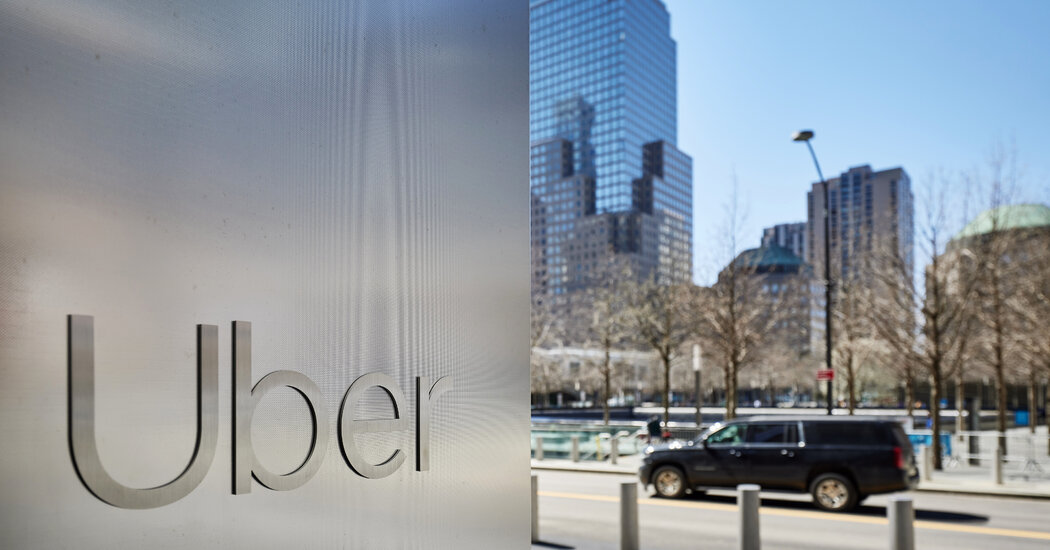Uber Agrees to Pay N.J. $100 Million in Dispute Over Drivers’ Employment Status
Uber has agreed to pay New Jersey $100 million in back taxes after the state said the ride-hailing company had misclassified its drivers as independent contractors.
An audit by the state’s Department of Labor and Workforce Development had found that Uber and a subsidiary, Raiser, owed four years of back taxes because they had classified drivers in the state as contractors rather than employees. On Monday, the department announced that Uber had paid the taxes with interest.
“Our efforts to combat worker misclassification in New Jersey are continuing to move forward,” Robert Asaro-Angelo, the department’s commissioner, said in an interview. “This shows that these workers in New Jersey are presumed to be employees. No matter what a company’s business model or what their technology is, workers have rights.”
The settlement would appear to be a retreat from the ride-hailing company’s repeated assertion that its drivers should not be classified as employees. Uber and other gig companies have for several years aggressively campaigned against efforts by lawmakers and the courts to classify their drivers as employees. But an Uber spokeswoman said in a statement that the company’s stance had not changed.
“Drivers in New Jersey and nationally are independent contractors who work when and where they want — an overwhelming amount do this kind of work because they value flexibility,” said Alix Anfang, the spokeswoman. “We look forward to working with policymakers to deliver benefits while preserving the flexibility drivers want.”
The New Jersey Department of Labor and Workforce Development initially demanded payment of the back taxes from Uber in 2019, the first time a local government had sought back payroll taxes from the company. The move was a significant change in the way states treated the employment practices at the heart of “gig economy” companies like Uber.
In recent years, states and cities across the country have tried to rein in gig-economy companies that depend on inexpensive and independent labor. These efforts could reshape the business models of companies like Uber, but the legal landscape is far from settled.
California and Massachusetts have laws requiring that gig workers be designated as employees if certain criteria are met. Mr. Asaro-Angelo said those laws followed the lead of New Jersey, which has similar protections on the books.
In 2019, when the state first demanded that Uber pay back taxes for misclassifying drivers, it said that the company and Raiser, the subsidiary, owed far more than $100 million. An audit had uncovered that $530 million in back taxes had not been paid for unemployment and disability insurance from 2014 to 2018, according to news reports. The state also demanded $119 million in interest.
After Uber contested the department’s findings, the case was transferred to New Jersey’s Office of Administrative Law. Eventually, the company agreed to pay a revised figure and to drop its appeal.
The department now says that its initial audit was an estimate made without Uber’s cooperation. Relying on worker payroll data supplied by Uber, a subsequent audit assessed Uber and Raiser owed a combined $78 million in back taxes plus penalties and interest of $22 million.
The payment covers as many as 91,000 drivers who have worked in New Jersey in one of the years covered by the settlement. It will help provide benefits such as unemployment, temporary disability and family leave insurance.
Mr. Asaro-Angelo declined to say how the department would handle taxes that Uber may owe after 2018 or in the future. “Every year, it seems, the Legislature and the governor are passing new laws to make lives better for workers and give us more power to protect them,” he said.




